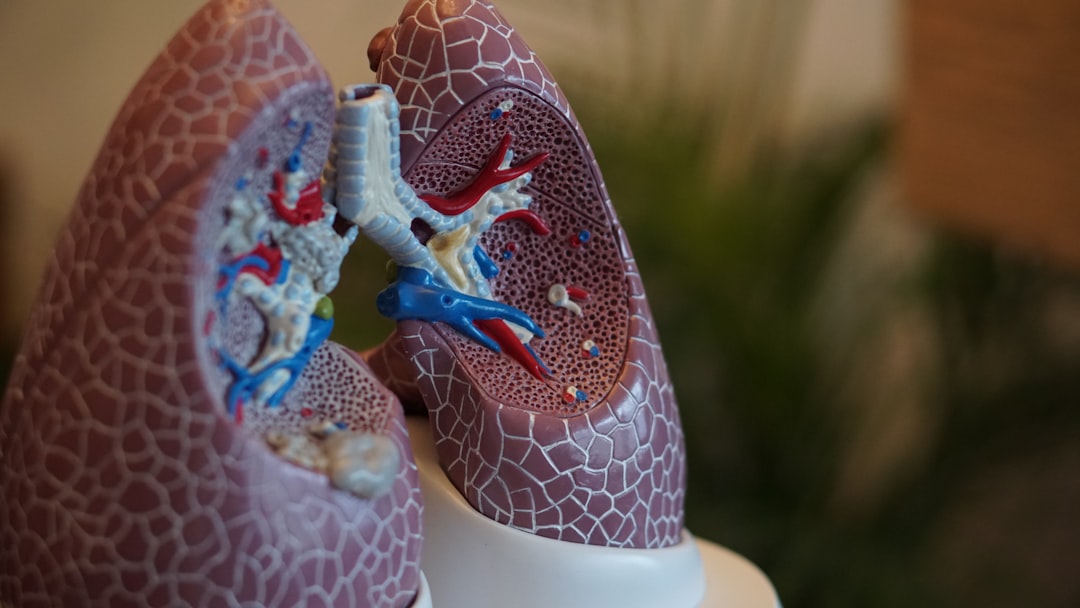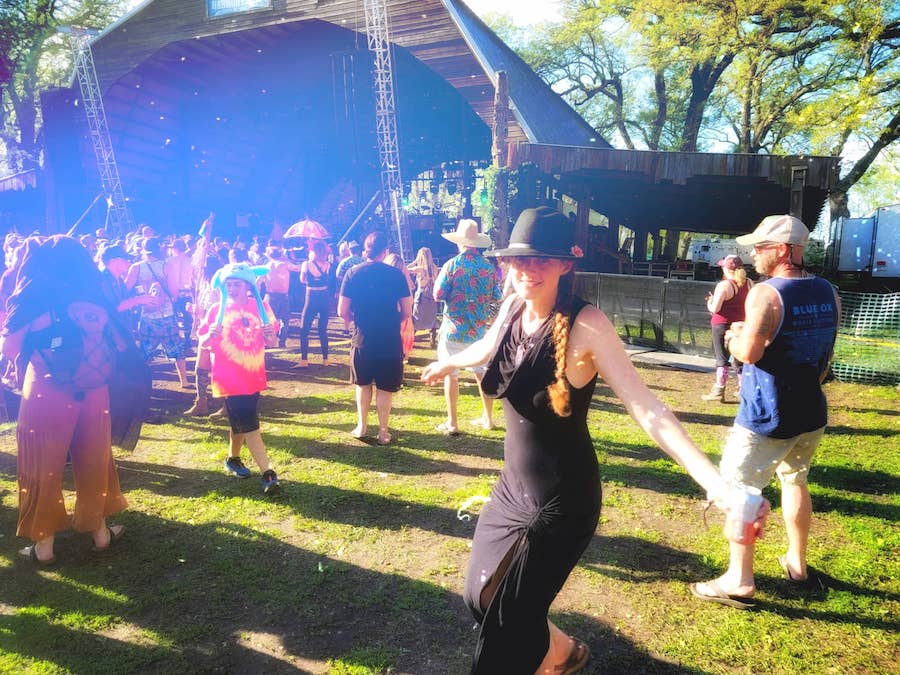The Benefits of Icy Cold Showers

Photo by Jorge Fernández on Unsplash
There was a point in my young adulthood that I got into taking cold showers. Initially, it was an environmental thing, because somewhere I’d read that hot water had a worse impact on the environment than cold water, and I was (and still am) consistently looking for ways to reduce my carbon footprint.
Although the first thirty seconds or so were semi-painful, I would adapt, and found myself feeling refreshed, energized, and more focused by the time I stepped out of the shower and onto my bath rug with icy drips falling from my wet hair.
I mostly stuck with the process, with the exception of some thirty below days in winter once I moved back to Minnesota, but ever since early in the pandemic and also becoming fascinated by Wim Hof somewhere in there, I’m back into it.
Turns out, cold showers have more of a benefit than just waking you up. They can reduce stress while making you more resilient to it, build up your immune system, and can even help you lose weight.
Curious, or don’t believe me? Keep on reading for the mental and physical benefits and the science to back it up...
The Benefits...
Mental benefits.
1. Cold showers wake you up and increase your concentration.
Nothing says hello like a blast of icy water to your naked body. Right off the bat, it may seem harder to breathe, but after a few seconds, it actually stimulates you to take deeper breaths, which will increase oxygen and heart rate while decreasing CO2 in the body. This will give you a boost of energy throughout the day, ultimately helping you stay focused.
2. Cold showers reduce stress.
Multiple studies have shown how cold exposure helps with a process called hardening, as it imposes a small amount of stress on your body, conditioning you to cope with stress at a greater level.
This study examined ten healthy participants who partake in winter swimming (outside, in ice-cold water, not in a gym) and found that their plasma uric acid) concentration decreased during and following cold exposure while the ratio of total glutathione (an antioxidant) to oxidized glutathione increased (high plasma uric acid has been linked to cardiovascular disease and metabolic syndrome). In simple terms, this is a biological mechanism that is viewed as an adaption to repeated oxidative stress, which is linked to hardening and means an increased tolerance for stress and disease.
3. Cold showers improve emotional resilience.
This comes with the adaption to oxidative stress as well. The same biological mechanisms I described before can be applied to emotional resilience. (Like demonstrated in this study).
Cold showers or jumping in an icy lake train the nervous system to be more resilient. The nervous system is linked to your emotions and how you react to them. If you feel like you get agitated or pissed off easily, using cold showers to train your nervous system to adapt to oxidative stress can help you go about your day with a more zen-like cool-as-a-cucumber attitude.
4. Cold showers may reduce symptoms of depression.
Cold showers stimulate the area on the brain known as the blue spot, your primary source of a chemical known as noradrenaline which plays a role in alleviating symptoms of depression.
According to this study, the high volume of cold receptors on the skin will send an overwhelming amount of electrical nerve impulses from the peripheral nerves to the brain during a cold shower, which could result in an antidepressant-like effect. Cold showers stimulate the sympathetic nervous system and increase the amount of beta-endorphin and noradrenaline in the blood, both mechanisms linked to those antidepressant-like effects.
5. Cold showers will reduce the sick days you take at work.
Cold showers are thought to boost your immune system. In this study of over 3,000 participants with no prior experience with cold showering, they found the group that took daily cold showers over the course of 30-days had a 29% reduction in the number of sick days they took from work.
Physical Benefits.
6. Cold showers boost your immune system.
A study from England showed that when people engage in cold showers, the number of white blood cells in their bodies increases. White blood cells are your body’s little disease-fighters.
This study also hypothesized that cold showers could be linked to higher rates of cancer survival. The study demonstrated increased numbers and activity of natural killer (NK) cells and peripheral cytotoxic T lymphocytes, which both play a role in tumor immunity. Survival rates of lab mice infected with the intracellular parasite toxoplasma gondii increased after regular cold exposure.
7. Cold showers are good for your skin and hair.
Cold showers can prevent your skin and hair from losing too many of their natural oils. If you dry out badly from hot showers (I know I do), you may want to try this free way to look better, naturally.
On your skin, cold will constrict blood vessels to temporarily reduce the size of pores and also increase circulation, which decreases redness and puffiness. For your hair, it flattens out those rough, frayed cuticles and locks in moisture.
8. Cold showers help with muscle recovery.
If you know any hardcore athletes these days, you may have heard of the concept of an ice bath. You see professional athletes emerging themselves in massive tubs filled with ice water between events, and perhaps even get a shiver down your spine watching them.
An ice bath can help increase circulation in muscles, thus helping you recover faster from an intense training period.
9. Cold showers stimulate weight loss.
Did you know immersing yourself in cold regularly can help you lose excess, unwanted weight?
You have two types of fat in your body: Brown fat and white fat.
Cold exposure stimulates “brown fat,” which helps increase energy levels, stimulates temperature regulation, and actually helps burn off the other kind of fat, which is “white fat,” (the kind we generally want to get rid of).
This study found that cold exposure not only increased brown fat in participants, but they also had improved insulin sensitivity and an increase in fat metabolic activity.
Bonus Read: Why You Should Exercise Outside in the Cold
So how exactly do you get yourself into the cold showering thing?
Your first cold shower experience might not feel the most pleasant.
It’s an icy blast to your unprotected, naked body, and if you do it early in the morning, it may uncover thoughts like, “why the expletive am I even out of bed right now?”
It’s not for the faint of heart, but anybody can adapt to it.
First, start slow.
The first time you do this, take your regular warm or hot shower first. Then, before you get out, turn the water to colder and immerse yourself for 30 seconds. The next time you shower, increase to 60 seconds.
Increase time and decrease temperature
As you get used to the colder water for shorter periods of time, start with a moderate temperature shower, and then make the water even colder. Stay for longer.
Practice deep breathing.
Don’t forget to breathe. The initial shock of cold might take your breath away, but as you adapt, think about taking deep breaths from your belly up. Fully inhale before you slowly release.
Relax.
Keep your body relaxed. Try not to tense up and shiver, just move your body as naturally as you can, safely of course if you’re in a slippery shower.
Check out this video by Wim Hof (the iceman) for a great cold showering for beginners tutorial!












If you enjoyed this article or recipe, please consider giving it a comment! It helps others discover my blog and recipes, and your comments always make my day :) Thank you for your support!
Your email address will not be published. Required fields are marked *